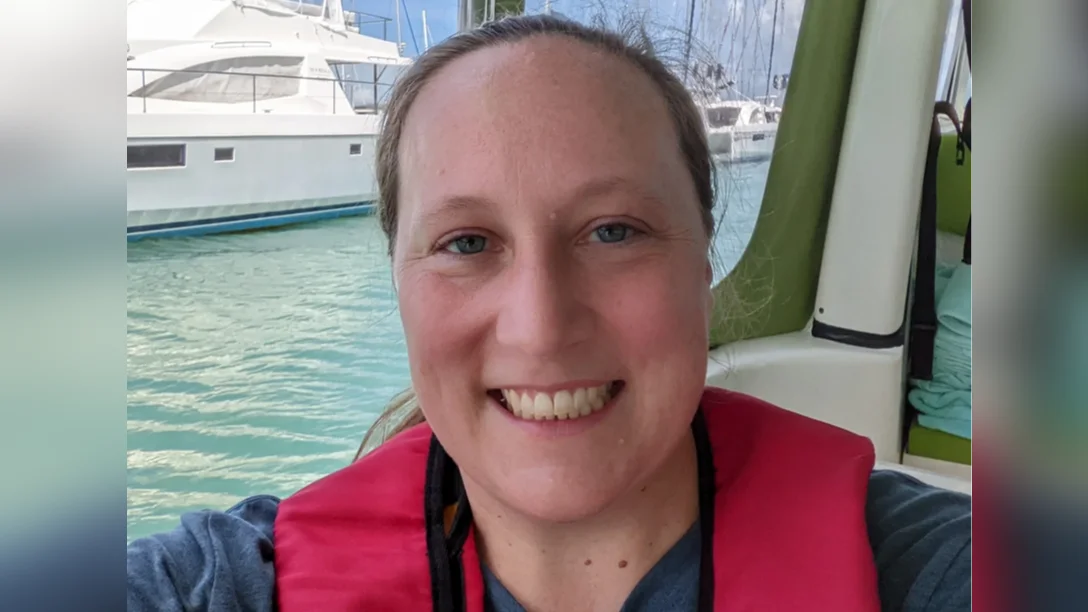Delta Air Lines has announced a partnership with MicroTau, an Australian aerospace technology company, as part of its Sustainable Skies Lab. This collaboration focuses on innovations inspired by nature, particularly using technology that mimics shark skin to enhance fuel efficiency. The "shark skin" riblets, developed by MicroTau, are set to be tested on Delta's Boeing 767 fleet, with potential improvements in fuel efficiency by up to 4%.
The riblets, inspired by the microscopic grooves called dermal denticles found on sharks, are designed to be applied to the fuselage, wings, and tail of aircraft. By smoothing airflow and reducing drag, this technology aims to decrease fuel consumption significantly.
Delta’s Sustainable Skies Lab, created in 2023, functions as an innovation hub, forging partnerships to sustainably transform air travel. Sangita Sharma, Director of the Sustainable Skies Lab, stated, “Delta’s Sustainable Skies Lab bridges the gap between ideas and proven innovation by accelerating research, design and testing for a more sustainable future of air travel.”
 Alerts Sign-up
Alerts Sign-up









